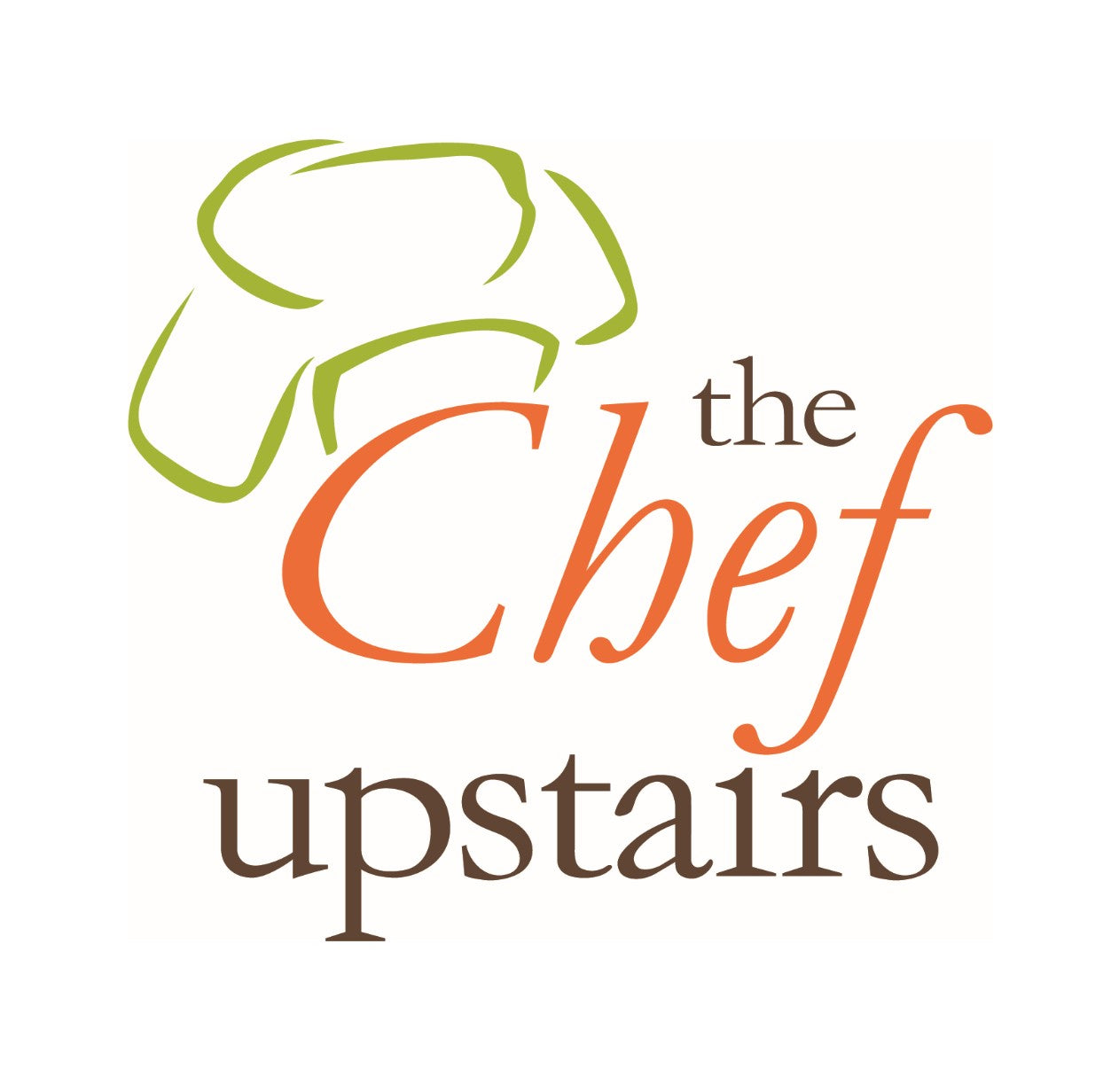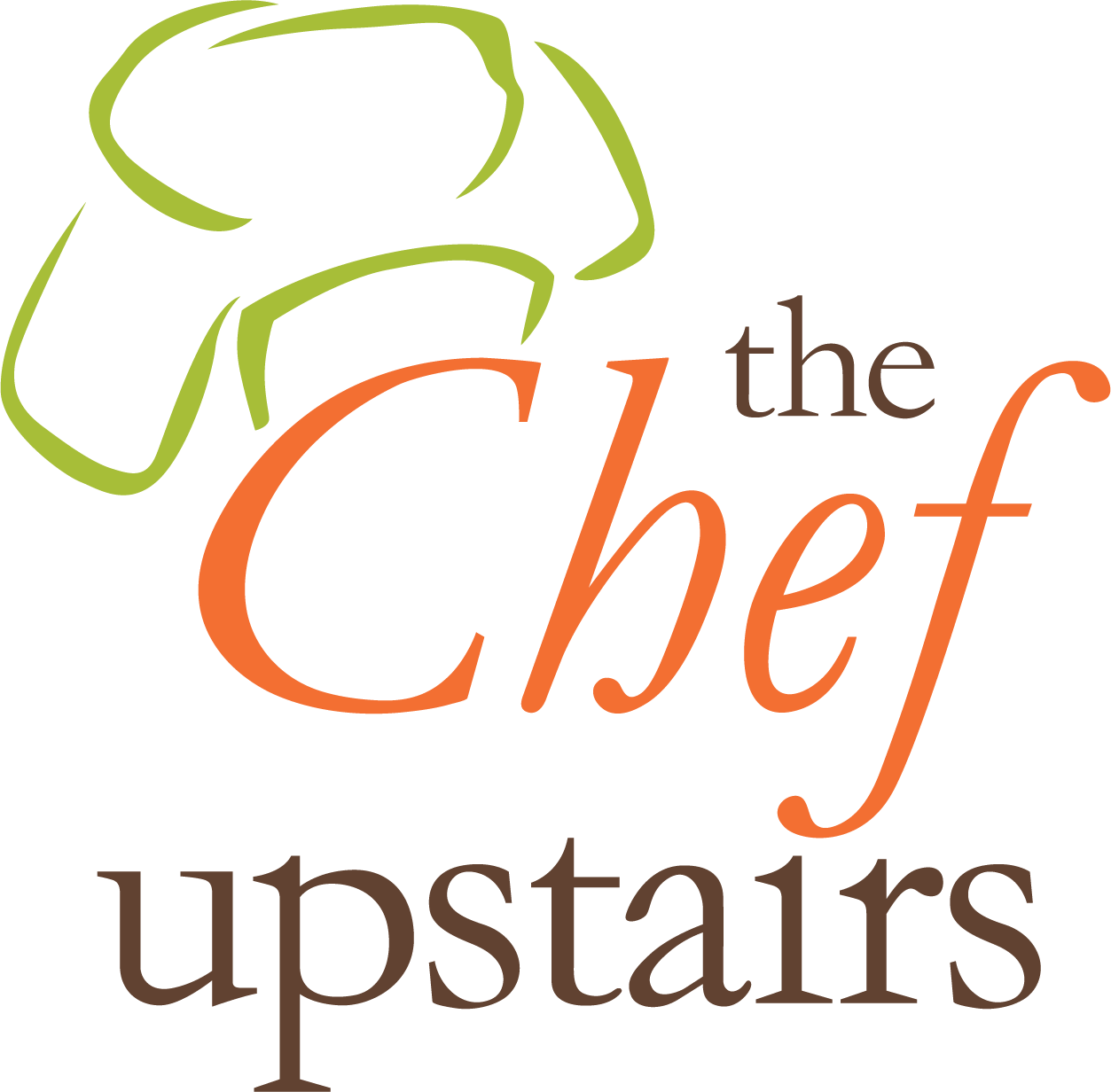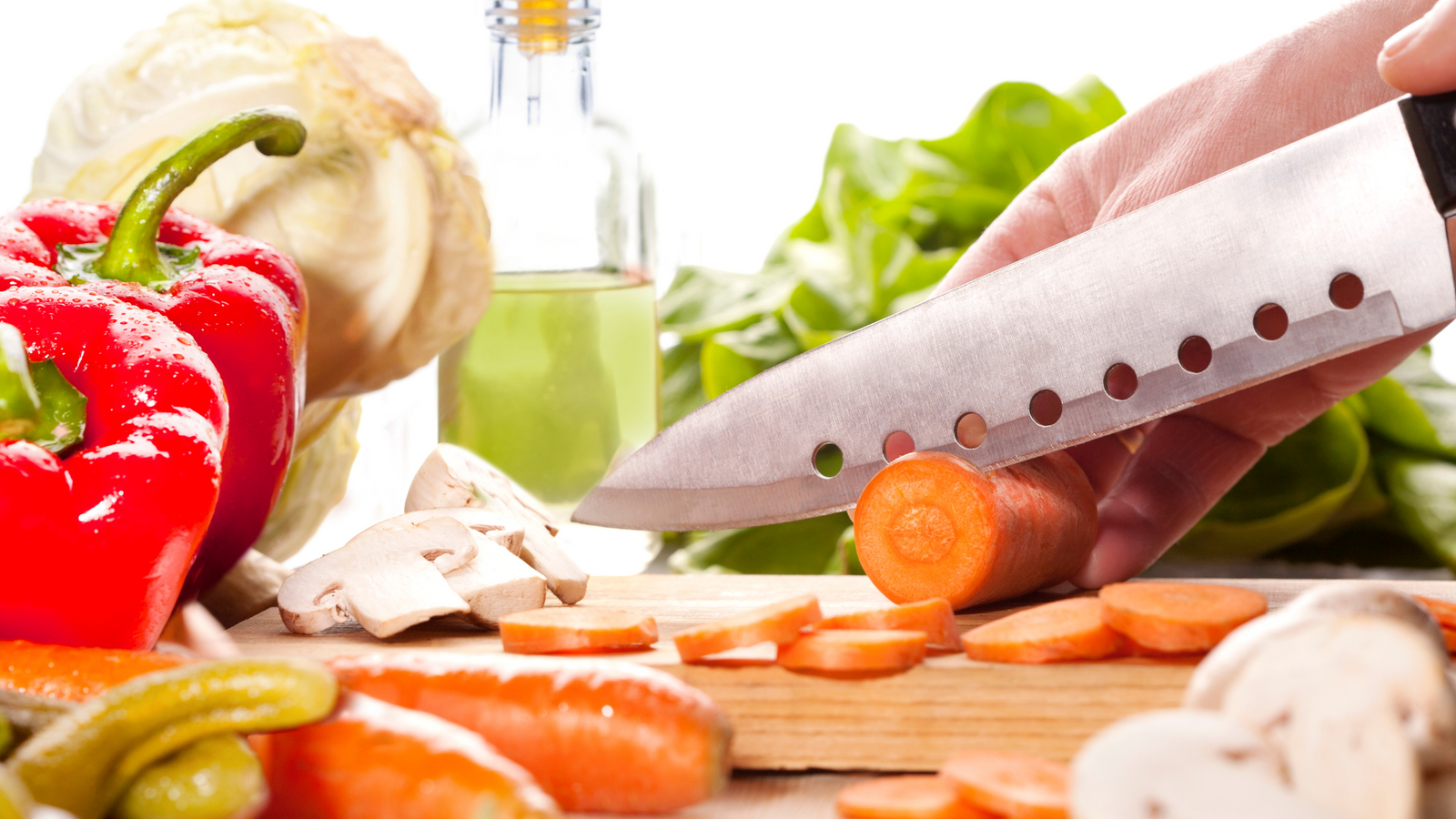Whether you're a seasoned chef or a novice home cook, having a solid foundation of essential kitchen skills can make all the difference in your culinary adventures. These skills not only enhance your cooking efficiency but also elevate the quality of your dishes. Here are the ten most important skills to master in the kitchen:
1. Knife Skills
- Why It’s Important: Proper knife skills are fundamental for safety and efficiency. Knowing how to chop, dice, julienne, and mince can significantly speed up your prep time and ensure uniform cooking.
- How to Improve: Invest in a good-quality chef’s knife and practice basic cuts. Consider taking a knife skills class or watching online tutorials to refine your technique.
2. Understanding Flavour Profiles
- Why It’s Important: Knowing how different flavours interact allows you to create balanced and delicious dishes. Understanding the basics of sweet, salty, sour, bitter, and umami can help you adjust and perfect your recipes.
- How to Improve: Experiment with different herbs, spices, and ingredients. Taste as you go and make notes on what combinations work well together.
3. Basic Cooking Techniques
- Why It’s Important: Mastering fundamental techniques like sautéing, roasting, grilling, and steaming is crucial for a wide range of recipes. These methods form the backbone of many dishes.
- How to Improve: Practice each technique with simple recipes. Focus on getting the basics right before moving on to more complex dishes.
4. Time Management
- Why It’s Important: Efficient time management ensures that all components of your meal are ready at the same time, preventing overcooking or undercooking.
- How to Improve: Plan your meals and create a timeline. Prep ingredients in advance and use timers to keep track of cooking times.
5. Food Safety and Hygiene
- Why It’s Important: Proper food safety practices prevent foodborne illnesses and ensure a clean cooking environment. This includes understanding how to store, handle, and cook food safely.
- How to Improve: Familiarize yourself with food safety guidelines. Always wash your hands, keep raw and cooked foods separate, and store ingredients at the correct temperatures.
6. Seasoning and Tasting
- Why It’s Important: Proper seasoning can make or break a dish. Knowing how to season correctly and taste as you go ensures that your food is flavourful and well-balanced.
- How to Improve: Taste your food at different stages of cooking and adjust seasoning accordingly. Learn the appropriate amounts of salt, pepper, and other seasonings to use.
7. Reading and Understanding Recipes
- Why It’s Important: Being able to accurately follow a recipe is essential for successful cooking. This includes understanding cooking terms, measurements, and techniques.
- How to Improve: Read recipes thoroughly before starting. Familiarize yourself with common cooking terms and practice converting measurements if needed.
8. Plating and Presentation
- Why It’s Important: The visual appeal of a dish can enhance the dining experience. Good presentation makes your food look as good as it tastes.
- How to Improve: Study plating techniques and pay attention to color, texture, and arrangement. Practice plating your dishes with care and creativity.
9. Adaptability and Creativity
- Why It’s Important: Being able to adapt recipes and think creatively allows you to make the most of available ingredients and personalize your dishes.
- How to Improve: Experiment with substitutions and variations. Don’t be afraid to try new ingredients and techniques.
10. Cleaning as You Go
- Why It’s Important: Keeping your workspace clean and organized helps prevent cross-contamination and makes the cooking process more enjoyable.
- How to Improve: Develop the habit of cleaning up spills and washing utensils as you cook. This keeps your kitchen tidy and reduces post-cooking cleanup time.
11. *BONUS TIP*: Hone All Ten Skills at Once!
- Join The Chef Upstairs any Sunday from 2pm-5pm from Culinary 101: World Tour. Improve all kitchen skills under the guidance of a professional chef. Learn about world cuisines. Prepare dinner for two to take home! Cook and mingle with local foodies!
Happy cooking!
*****
By Chef Julian Pancer, The Chef Upstairs


